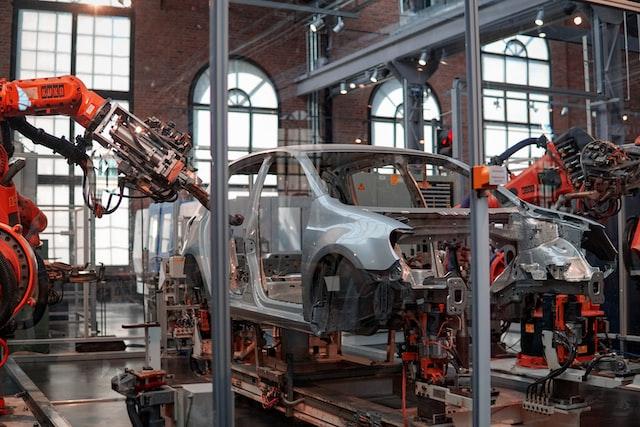The US technology sector has seen a shortage of labor in recent times, leading to the increased adoption of automation as a solution. North American companies broke the record for ordering auxiliary robots, primarily for new electric vehicle and battery factory companies. The Association for Advancing Automation (A3) reported that US companies ordered just over 44,100 robots in 2022, an 11% increase year-on-year, totaling a value of $2.38 billion. Source: Reuters
The recent slump in demand for robots towards the end of 2022 has sparked concerns about the strength of the market in 2023. This development comes amid a backdrop of shifting household consumption patterns and rising interest rates aimed at mitigating high inflation. It is important to note that the slowdown in demand for robots near the end of 2022 may have been influenced by various factors, including the Covid-19 pandemic, which has caused significant disruptions to businesses and impacted global economic conditions. Additionally, the rise in interest rates may have dampened demand for robots, as it may increase the cost of borrowing and make it more difficult for companies to invest in new automation technologies.
Jeff Burnstein, the president of A3, stated that the labor shortage does not seem to be declining, with the US experiencing its lowest unemployment rate since 1969. He also pointed out that some companies’ patterns have changed due to the pandemic, with some, such as Amazon, taking a break from building new warehouses and canceling or delaying purchases of automation.
You’ve seen companies like Amazon take a break from building new warehouses, meaning they’ve likely canceled or delayed purchases of new automation.
Jeff Burnstein, President of A3
The pandemic has also influenced the record-breaking figures, according to Burnstein, who fears that it led to mass hiring and later mass layoffs. He explained that some robot manufacturers saw customers place extra orders during the pandemic to guarantee they would receive what they needed.
Most of the robot orders last year came from electric vehicle factories, with new electric vehicle, battery and recycling plants being announced at an investment of $160 billion, according to a survey by Atlas Public Policy. Brad Bennett, the senior vice president of global factory operations at Closure Systems International, stated that automation is streamlining work and ensuring production safety. The company recently automated the packing and sealing of boxes at the end of the assembly line, allowing workers to be reassigned to other tasks. Bennett stated that automation prevented the need for staff reductions, particularly during the COVID-19 pandemic when a shortage of workers resulted in a 30% decrease in plant activity.



